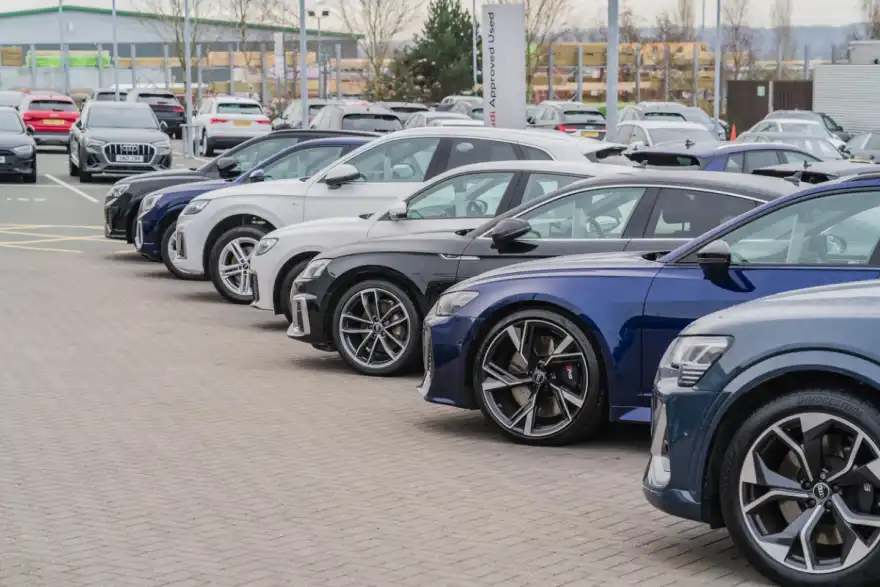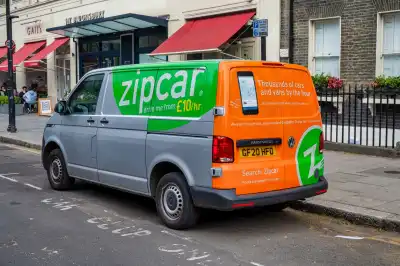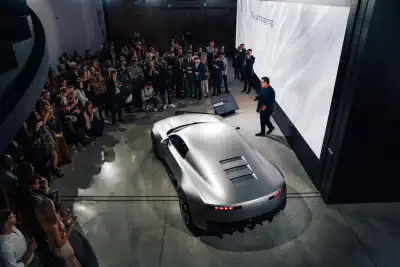
The UK government has announced big changes to its Zero Emission Vehicle (ZEV) Mandate in an attempt to support car manufacturers under pressure — especially after the US hit UK cars with a 25% import tariff.
Prime Minister Keir Starmer confirmed the changes during a visit to Jaguar Land Rover’s Solihull factory. While the 2030 ban on new petrol and diesel cars is still in place, manufacturers now get more wiggle room to hit electric vehicle (EV) targets — and the fines for missing those targets have been reduced.
So, What Actually Is the ZEV Mandate?
Introduced by the previous Conservative government, the ZEV Mandate sets out how many zero-emissions vehicles car makers must sell each year. It’s all part of the UK’s plan to hit net zero emissions.
In 2024, the target is 22% of all new cars sold. That figure jumps to 28% in 2025, then keeps rising to 80% by 2030. If manufacturers miss those targets, they were originally facing fines of £15,000 per car. Now, that’s been lowered to £12,000.
Here’s what’s changing:
- Manufacturers can trade emissions credits (e.g. buy credits from EV-only brands like Tesla and Polestar) until 2029
- Manufacturers can balance out missed targets in one year by overachieving in future years
- The fine for missing EV targets will drop from £15,000 to £12,000 per car
- Manufacturers can count hybrids (which emit less than petrol/diesel cars) toward their target
- Manufacturers can offset EV car and van targets if they manufacture both, but only within certain ratios
- Smaller UK brands like Aston Martin and McLaren will be allowed to keep making petrol cars beyond 2030.
- Some hybrid cars will still be on sale until 2035.
Why Now?
The government says these changes were accelerated in response to the US tariffs introduced by President Trump at the end of March. Those tariffs include a 25% levy on UK car imports — a major blow, since the US is the UK's second-largest car export market after the EU.
Jaguar Land Rover even announced it will pause all US shipments in April while it figures out how to adapt to the new rules.
The move to relax EV sales targets is the government’s way of responding quickly to protect UK jobs and the car industry.
£2.3 Billion to Help the Shift — But Where's It Going?
The government also announced a £2.3 billion funding package to help grow EV manufacturing and support consumers switching to electric. However, details on exactly where that money is going are still vague.
Prime Minister Starmer said it would include tax breaks for EV buyers and funding for better charging infrastructure — both big pain points that are slowing down the EV transition.
Mixed Reactions from the Industry
While the government says this is about boosting growth and helping home-grown firms compete globally, not everyone’s convinced.
Mike Hawes, CEO of the Society of Motor Manufacturers and Traders (SMMT), said “We await full details of the regulatory amendments but, given the potentially severe headwinds facing manufacturers following the introduction of US tariffs, greater action will almost certainly be needed to safeguard our industry’s competitiveness.”
“In this vastly changed world, a package of measures is needed to support manufacturing, especially the supply chain, so our industry can deliver the economic growth, jobs and investment the country needs.”
Sue Robinson of the National Franchised Dealers Association called the move “a step in the right direction” but said the UK still has the toughest EV targets in Europe. She called for better alignment with European rules and more consumer incentives to keep the UK competitive.
Adrian Fielden-Gray from EV charging company Be.EV was even more blunt, saying there's still “too much stick and not enough carrot.” He pointed out that consumers have already lost out on EV tax breaks, home charger grants, and purchase subsidies — making EVs feel like a hard sell rather than an obvious choice.
The Bottom Line
The government has clearly moved to support the industry amid global pressure, but the bigger question remains: will drivers actually start switching to EVs at the pace needed?
If charging access stays patchy and prices stay high, it might not matter how flexible the targets are for car makers. People still need a real reason — and some real support — to make the switch.




